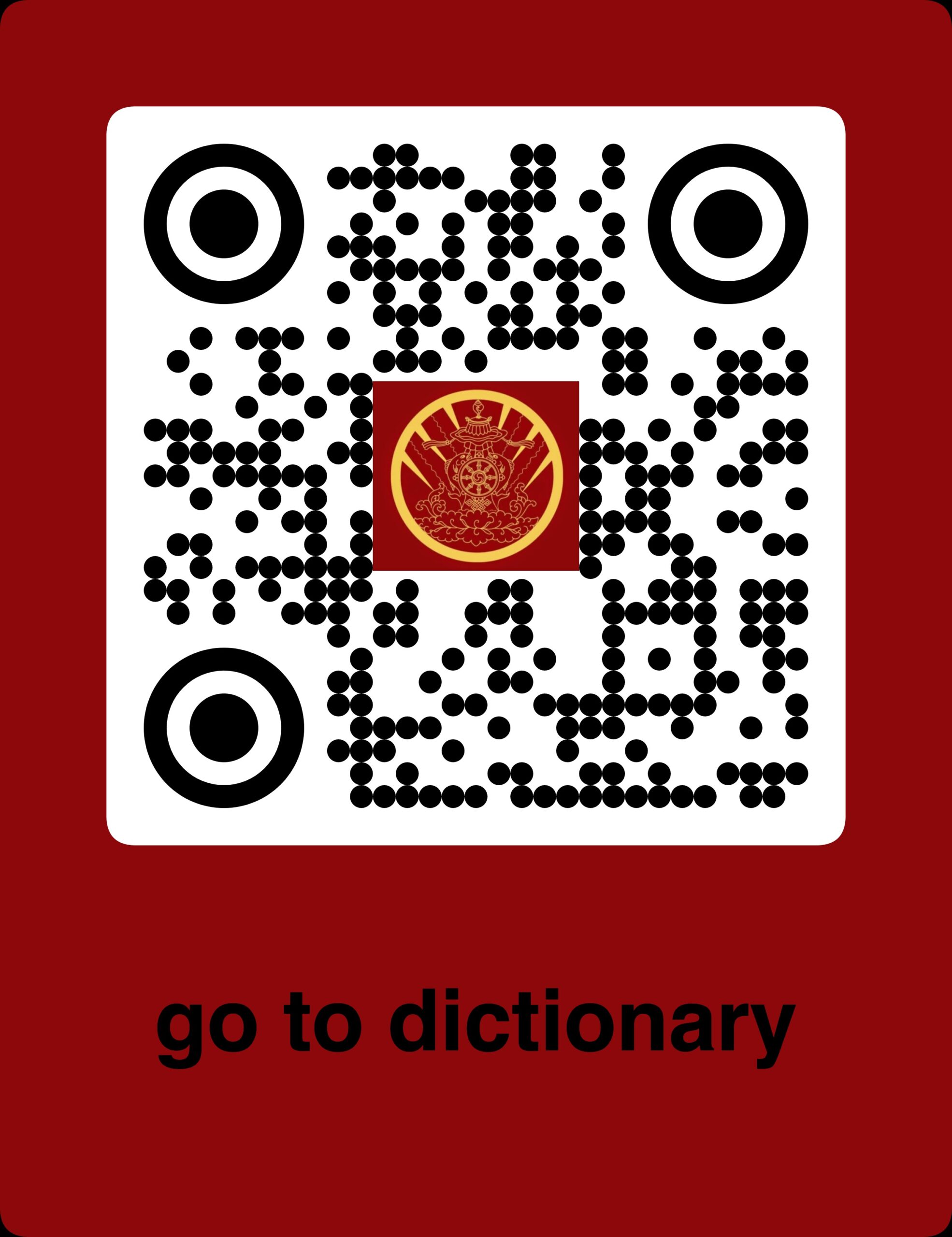ABOUT
The vision of Mangalam Research Center for Buddhist Languages is to create a body of knowledge that facilitates the translation and transmission of the Buddhist written tradition and classical languages into English.
Mangalam Research Center offers programs in Buddhist studies and develops tools to aid translation. Its programs have been attended by scholars from around the world, and it often receives grants in support of its conferences and translation projects.
Fields of Inquiry at MRC
Mangalam Research Center for Buddhist Languages hosts scholars and researchers with the philosophical and philological skills necessary for focusing on the languages of the written tradition and successfully translating Buddhist texts. It also encourages investigation into the philosophical and historical context within which the Buddhist written traditions flourished. Our primary focus is on the Sanskrit and Tibetan transmission of texts.
Mangalam encourages creative thought and discussion about the language in which Buddhist practices, meditation instructions, and philosophy can be communicated. This focus leads naturally to close cooperation with leading academic institutions around the world, both in the field of Buddhist Studies and in Western academic disciplines where interaction with the Buddhist tradition is likely to advance knowledge.
Mangalam is also committed to active inquiry into the cultural heritage of the West, so that Buddhist and Western traditions of knowledge can be brought into fruitful dialogue.
Finally, Mangalam sponsors work on the Visual Dictionary & Thesaurus of Buddhist Sanskrit, an initiative that could have a major impact on the study of canonical languages.
History
In 2008, the Tibetan Nyingma Meditation Center, a religious center founded by exiled Tibetan lama Tarthang Tulku, acquired a 26,000 sq. ft. building in downtown Berkeley, California, a century-old landmark. In 2009, the new building, renamed Mangalam Centers, officially opened its doors and became the home of the Mangalam Research Center for Buddhist Languages. A symposium, Reinventing the Wheel, was held in November with prominent scholars from three continents gathering to offer support for MRC.
Mangalam Research Center offered its first educational programs in the summer of 2010, when it hosted a three-week long graduate seminar led by six prominent academics. Since then, it has continued to offer educational programs and language training at various levels, with a special focus on the study of classical Sanskrit and classical Tibetan languages.
We were fortunate to have as our first academic directors two of the world’s leading scholars in the field of Buddhist Studies and Buddhist canonical languages: Professor Luis Gómez and Professor Michael Hahn. In the decade since then, both Professors Gómez and Hahn passed away. Our new academic director is Dr. Karin Meyers.
The Buddhist Translators Workbench, launched in 2010 and funded in part by the National Endowment for the Humanities and the Khyentse Foundation, is still under active development. Under the direction of Dr. Ligeia Lugli, and with the help of qualified researchers, it has made great strides in the past several years. The current iteration can be found here:
https://mangalamresearch.shinyapps.io/VisualDictionaryOfBuddhistSanskrit
In recent years, the Mangalam Research Center has focused on initiatives that explore the link between Buddhism and Western forms of knowledge. In 2017, we hosted Putting the Buddhism/Science Dialogue on a New Footing, a summer institute funded by the John Templeton Foundation. In 2022, MRC offered an NEH Summer Institute for higher educational faculty, titled Imagination and Imaginal Worlds in the Mirror of Buddhism.
In 2018, MRC launched its own publishing imprint, Mangalam Press. Buddhist Spiritual Practices and Language of the Sutras were its first two publications, and it recently released the Vimalakīrtinirdeśa The Teaching of Vimalakīrti.
Location
All in-person courses are taught at Mangalam Research Center’s permanent home in a beautiful, land-marked building in the heart of downtown Berkeley, California, one block from the Bay Area Rapid Transit system (BART), providing direct access to San Francisco. Located just a few minutes’ walk from the University of California, Berkeley, MRC enjoys a close working relationship with the University and with the Ho Center for Buddhist Studies at Stanford University, an hour’s drive to the south.

